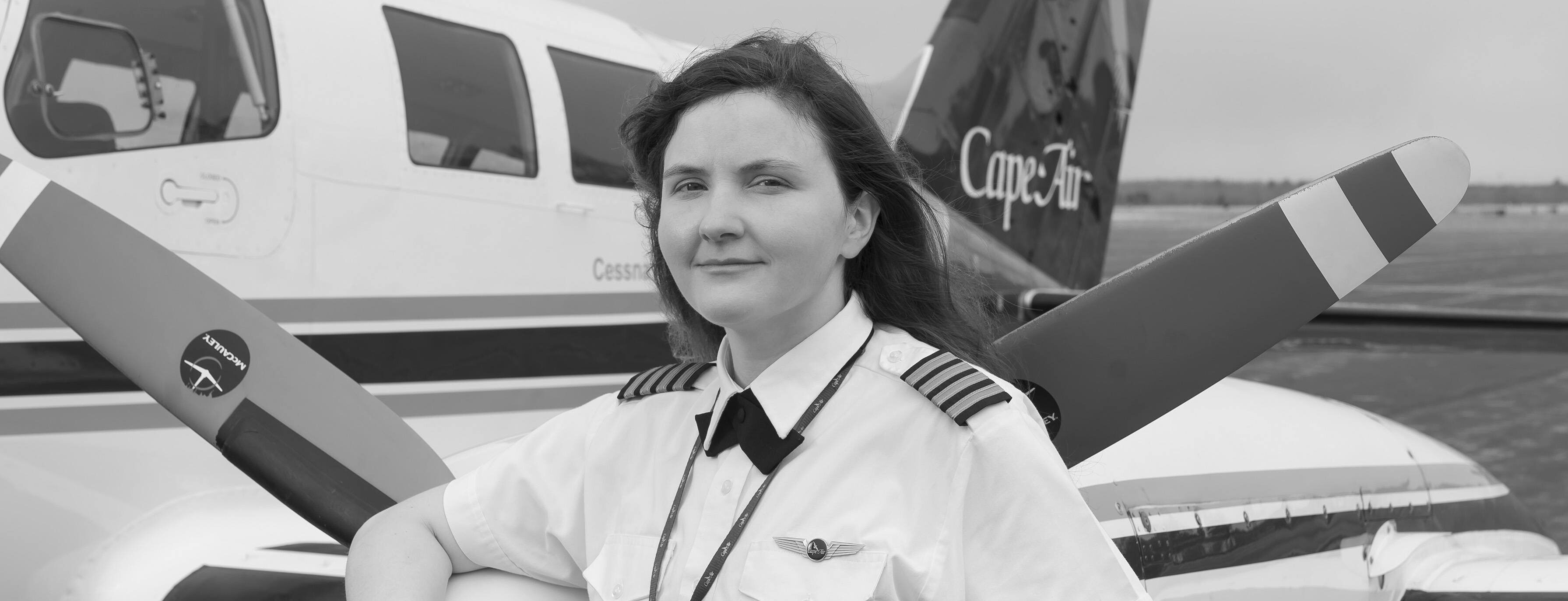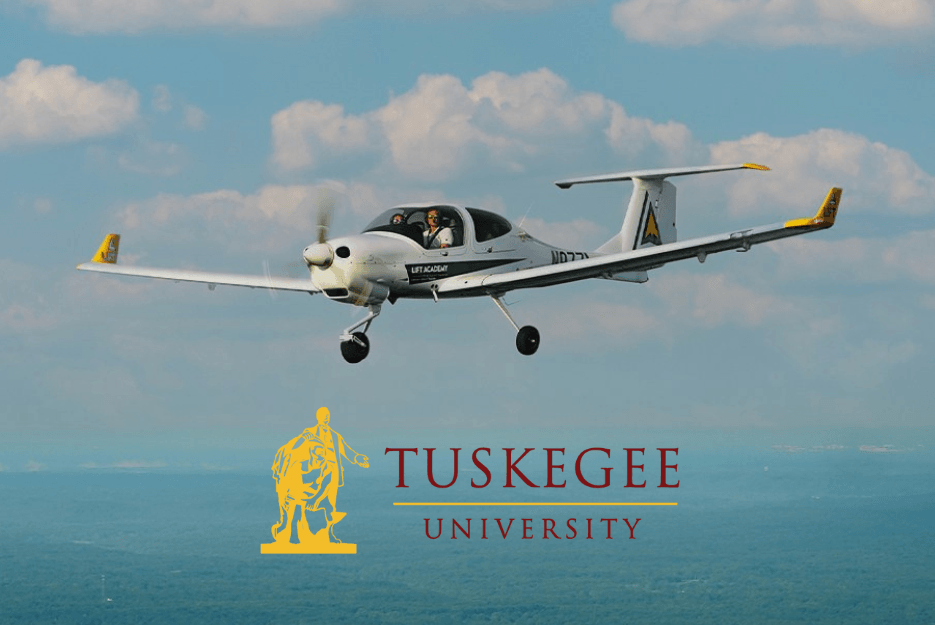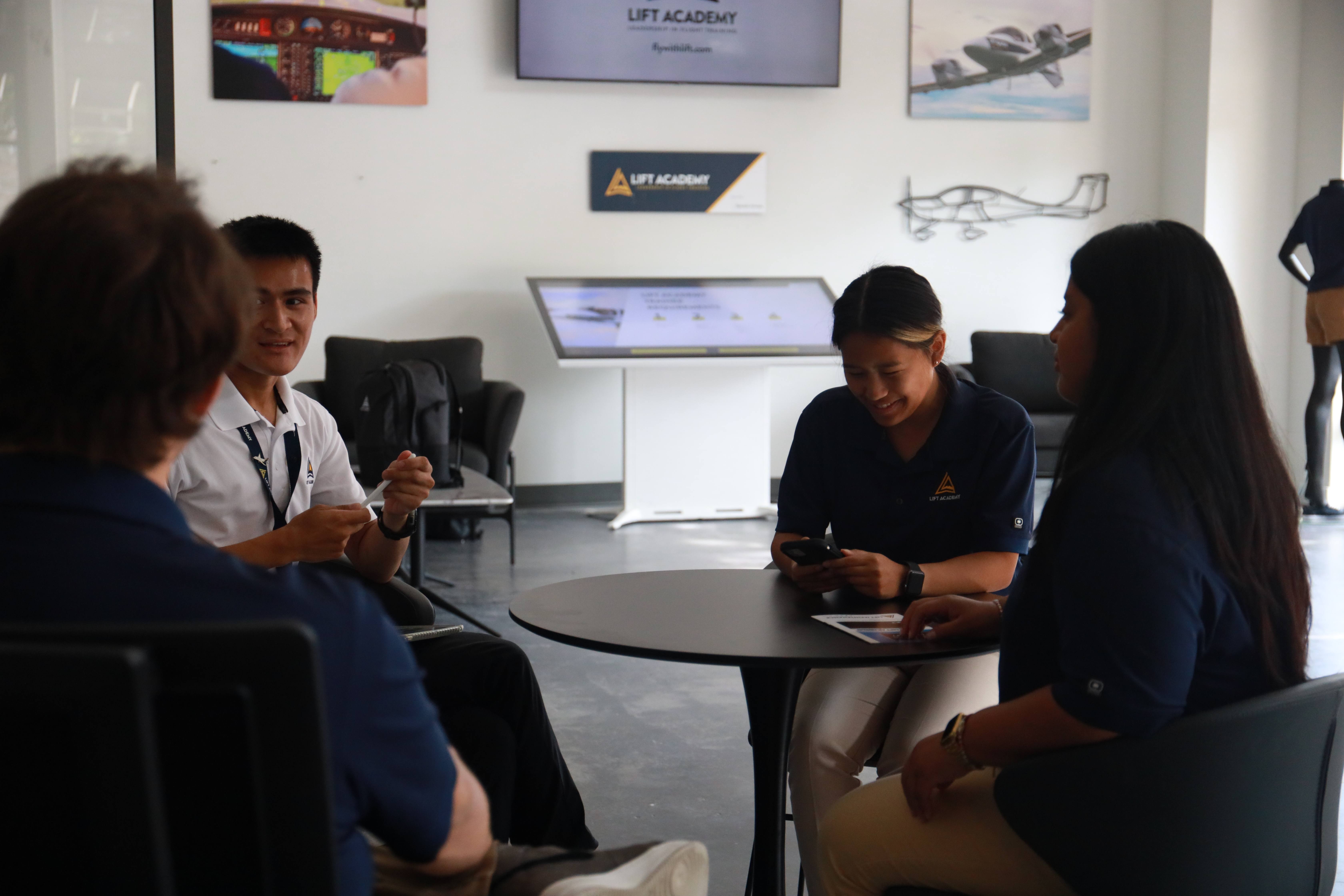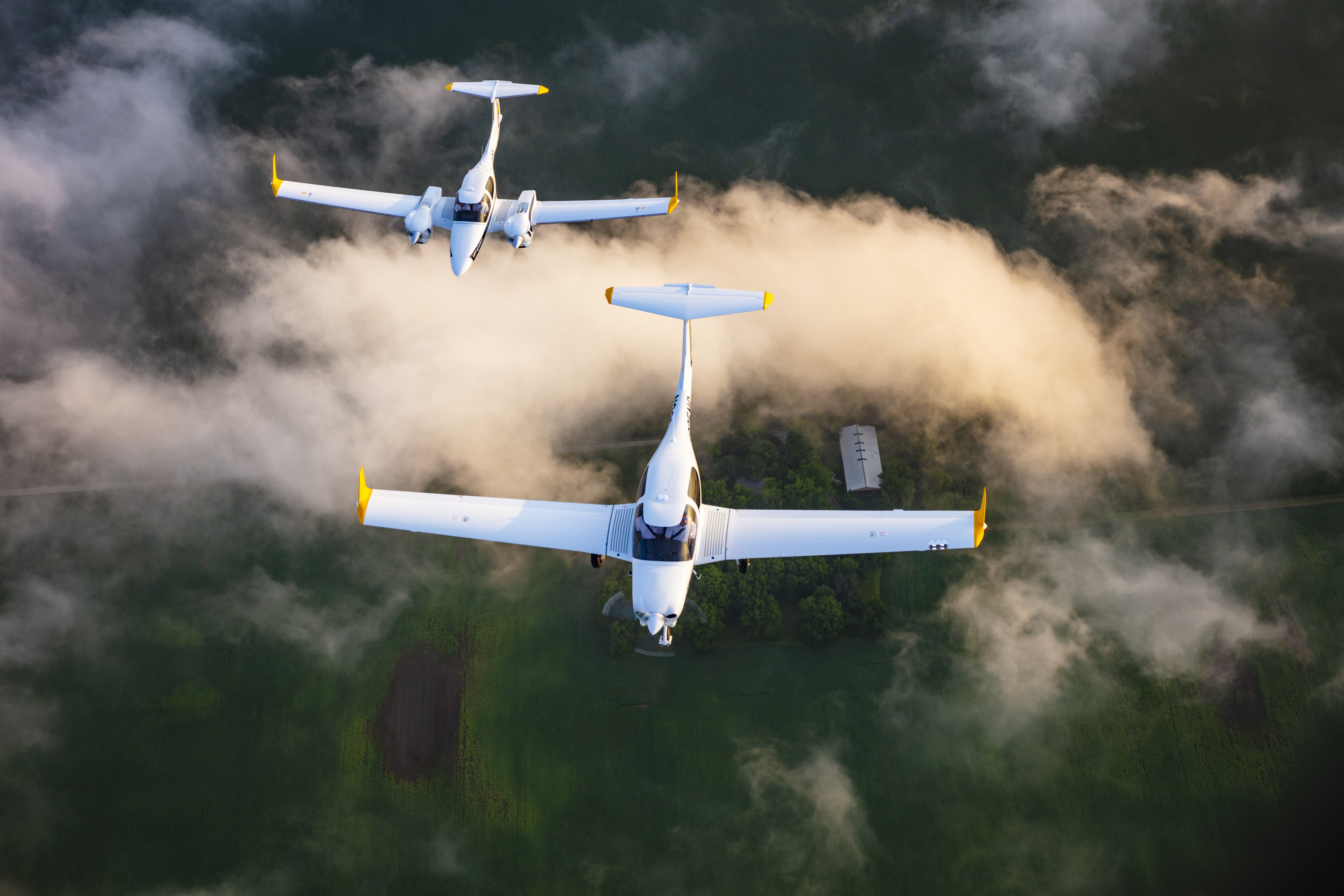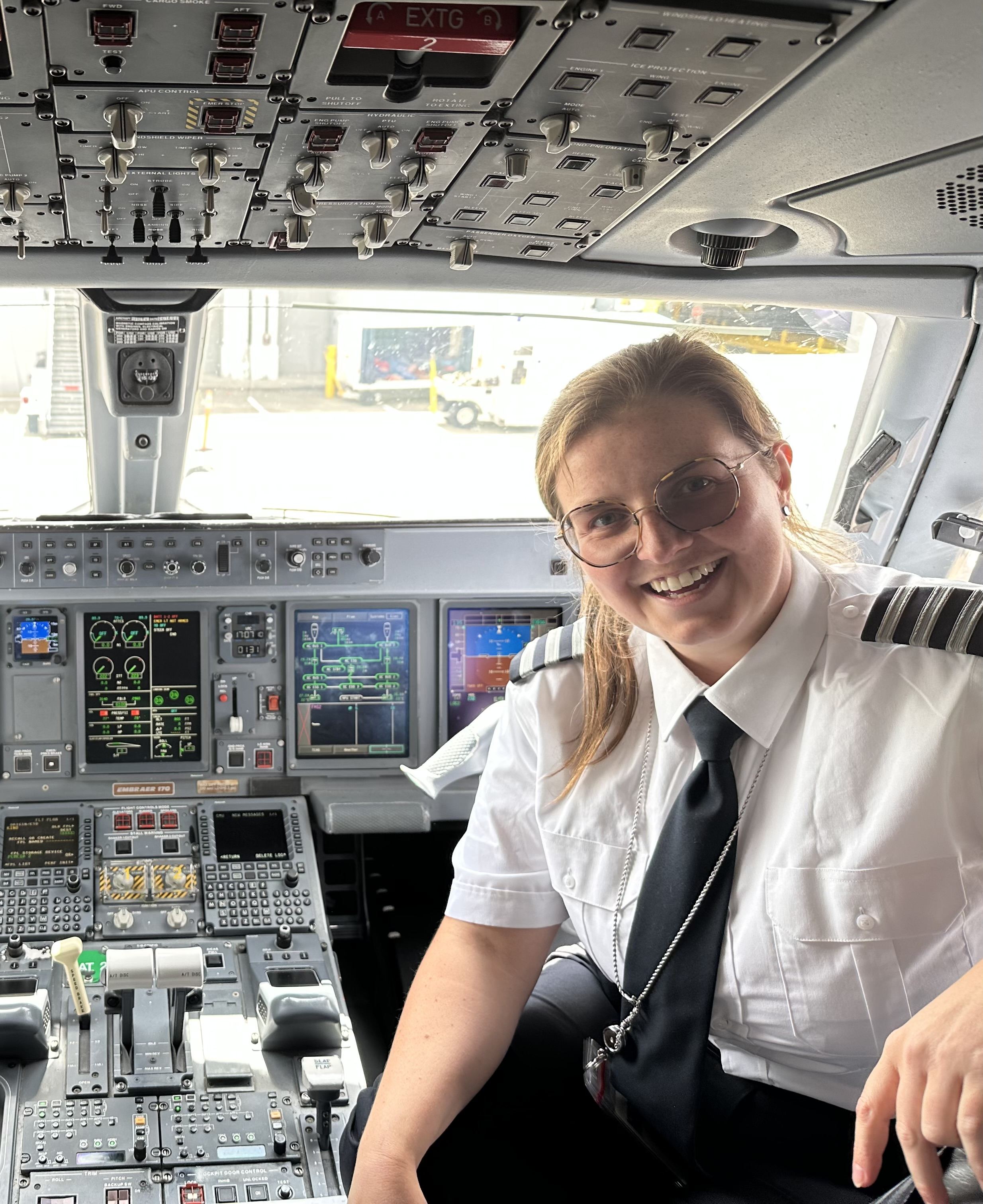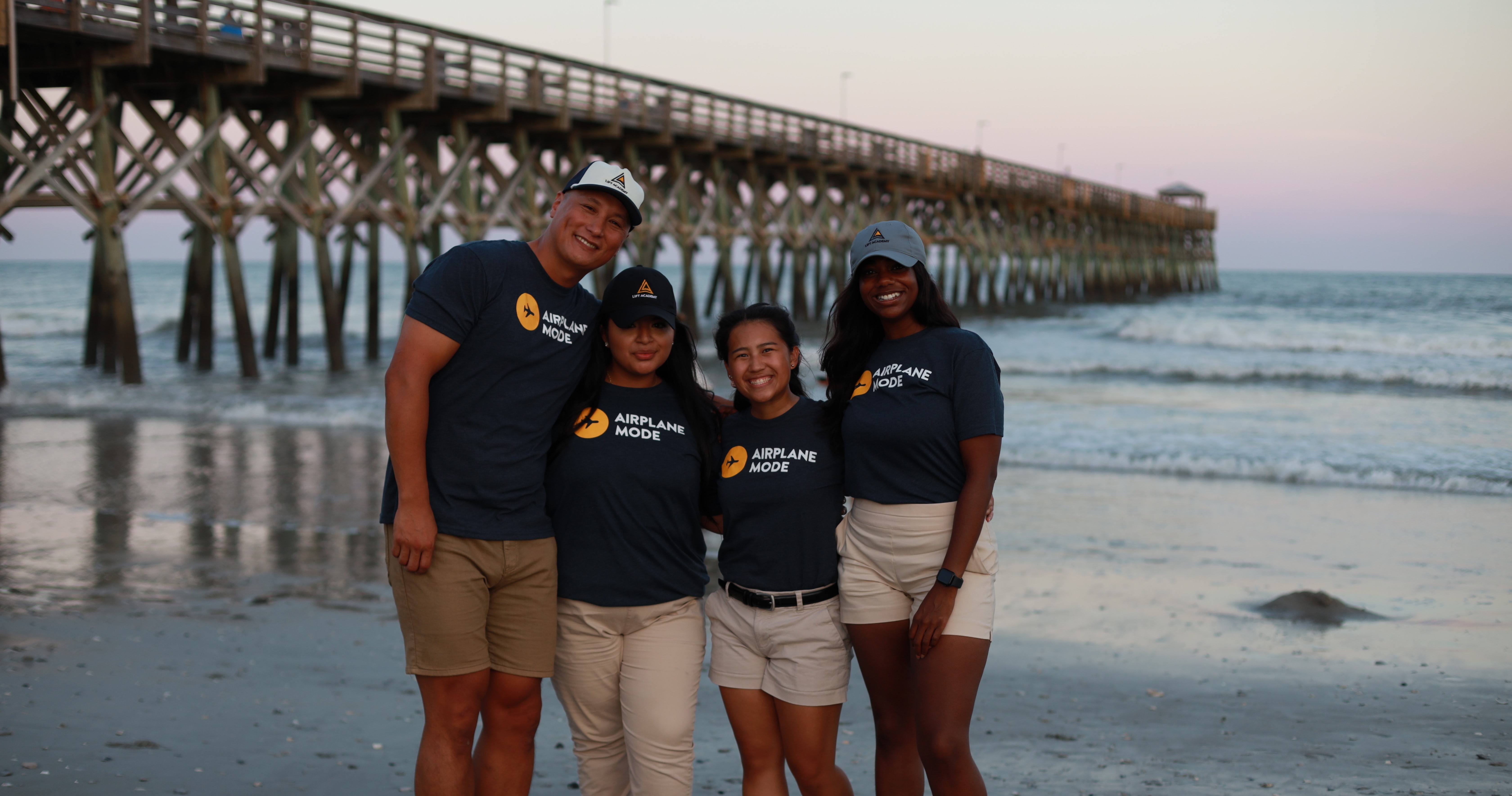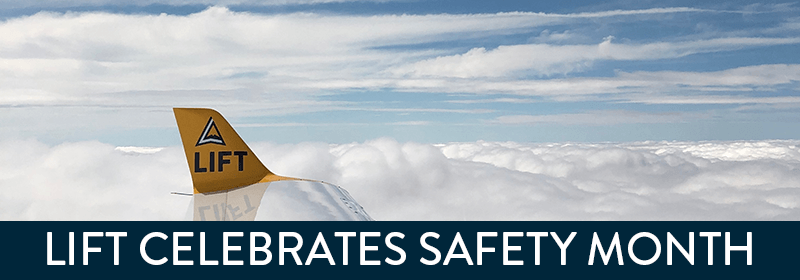
LIFT Celebrates Safety Month with Kayce
What is your role at LIFT? How long have you been there?
– My role at LIFT is the Manager of Safety. I have been in this position since October of 2019 after working two years in the Safety Department at Republic Airways.
What does your role entail?
– I am responsible for developing and managing safety programs at LIFT. This includes: voluntary reporting, flight data analysis, investigations and reporting. My role also entails ensuring compliance with corporate and regulatory safety standards as well as regulations as outlined in program guidance.
Have you always been interested in aviation?
– Aviation has been a part of my life since I was little and goes back a few generations in my family. As I grew up, aviation became a passion of mine and I was fortunate to have the opportunity to pursue it while attending college at Auburn University.
What about safety really excites you?
– Something about my role and safety as a whole that excites me is being able to take concerns, errors or hazards reported by our front line pilots and mechanics and have the opportunity to implement changes to mitigate or help reduce the likelihood of the same or similar event reoccurring.
How do you think safety plays a role in aviation?
– Safety plays a huge role in aviation in many ways. Policies and procedures are created with safety in mind and should be the primary focus in all facets of our operation – from top leadership to the front line associates and students. Safety provides standards that shall be met to maintain a manageable operation.
What safety programs has LIFT implemented?
– In January of 2020, the Voluntary Safety Reporting Program (VSRP) was implemented at LIFT for our mechanic and pilot groups to submit voluntary reports in a confidential, non-punitive environment for any safety concern, violation or deviation identified during operations.
We are in the final stages of completing our Emergency Response Plan that includes procedures to ensure that the company’s response in the event of an incident of accident is expeditious, intelligent and compassionate.
What safety programs will LIFT implement in the future?
– At LIFT, we plan to implement a Safety Management System (SMS) which provides a systematic way to identify and mitigate any hazards reported or identified through data analysis. In the coming months, I will be working with the FAA for LIFT to participate in the Safety Management System Voluntary Program (SMSVP) to ensure complete compliance with regulatory requirements surrounding this program.
We also plan to implement a Fatigue Program and a Flight Operations Quality Assurance (FOQA) Program.
In a perfect world what would safety/safety programs look like at LIFT?
– Our goal with safety and safety programs at LIFT is to establish a level of safety that goes beyond the traditional minimums set in the industry. We strive to provide a safety culture that encourages full participation in voluntary reporting where each individual understands their contribution to safety as a whole and feels valued when such a report is submitted.
Safety is not something that will change overnight and is a continuous process of improvement to maintain the safest operation we can provide to students, mechanics and staff.
What are the 1-3 most important things that pilots can do to ensure safety?
– While safety is embedded in our processes and procedures, a few reminders for pilots to maintain the safest operation possible are:
• Ensure personal limitations will not interfere while flying (fatigue, feeling sick,
personal matters, etc.)
• Be mindful of habits that could form that don’t follow procedures
